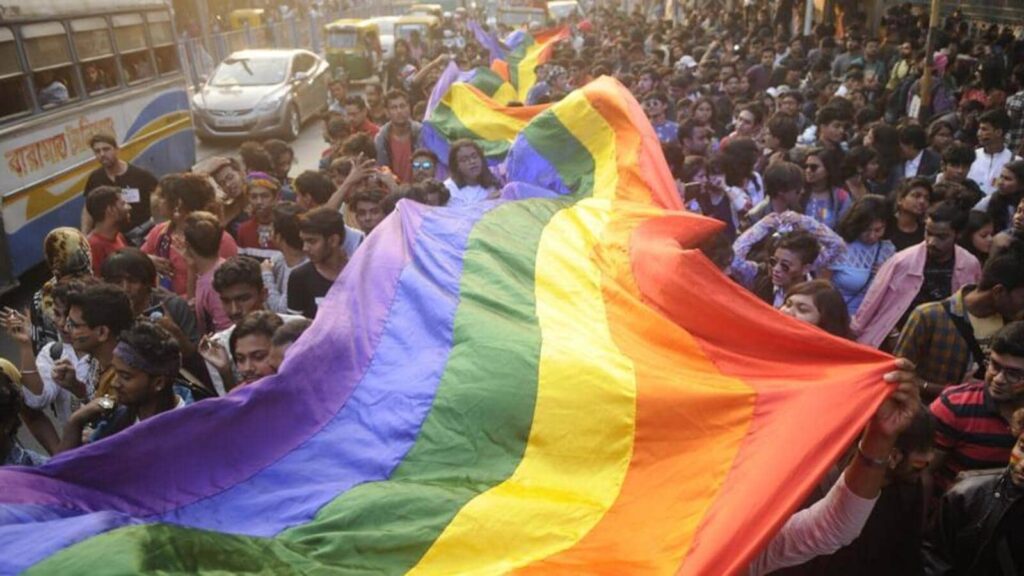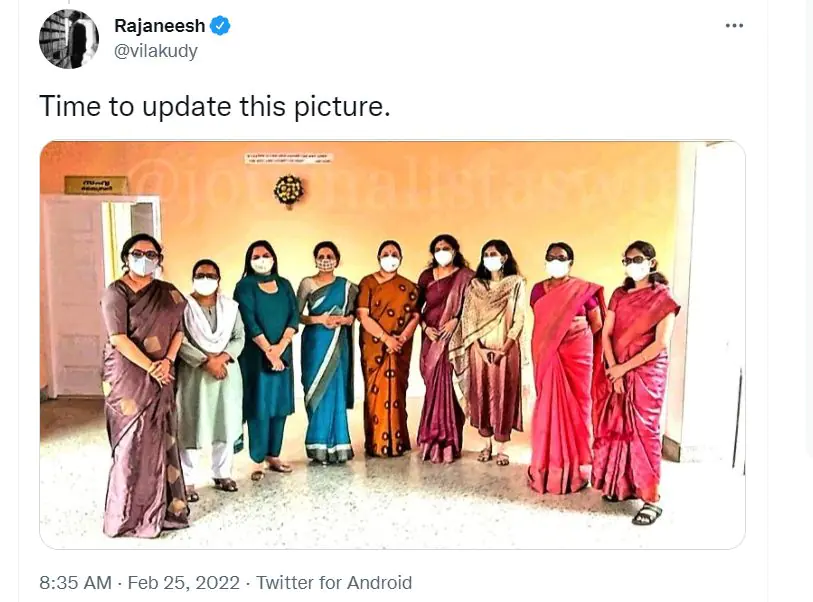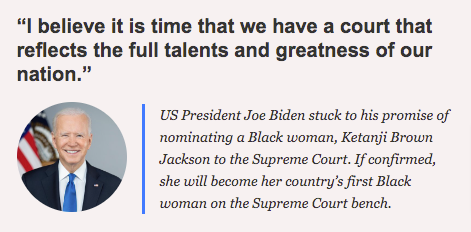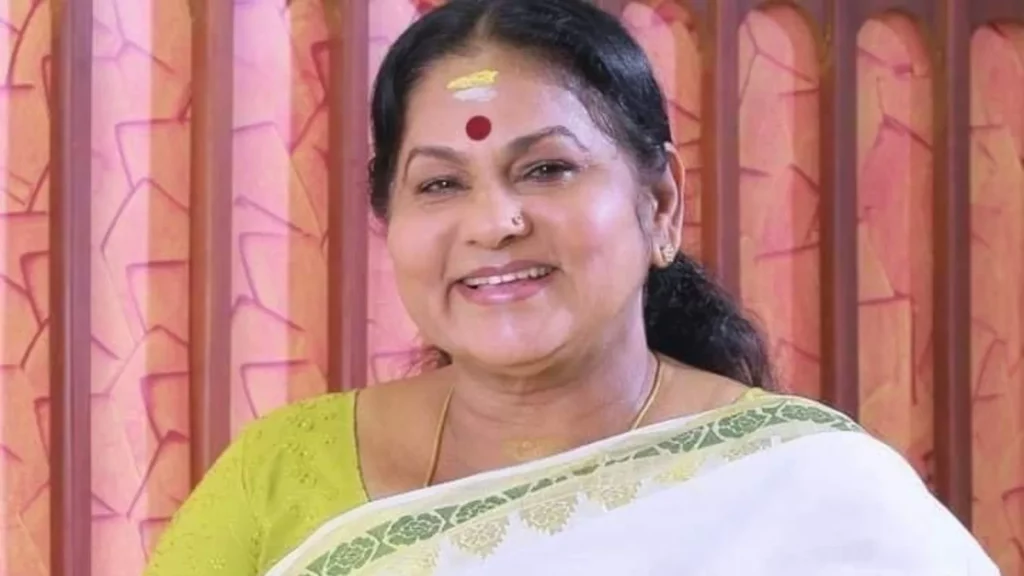Tamil Nadu has become the first state in India to officially ban the harassment of LGBTQI (lesbian, gay, bisexual, transgender, queer and intersex) people by the police. Harassment by the police, which is routine especially for transgender people, is now a punishable offence.
“We have been fighting for so many years to get our rights,” said transgender rights activist Grace Banu who welcomed the move. “There are many cases every day of physical, mental, verbal and sexual violence against trans people from which we have no protection. This will at least provide some measure of protection.”
Despite guarantees of equality enshrined in our Constitution and a slew of affirmative judgements by the Supreme Court including NALSA and the decriminalisation of homosexuality, social acceptance of the LGBTQI community on the ground remains sketchy.
Often acting at the behest of parents, law enforcement continues to be weaponised with threats of custodial violence against the community.
Madras High Court shows the way

In March 2021, a lesbian couple asked the Madras High Court for protection from the police and their parents who had filed a missing persons report when the adult women fled from Madurai, where their parents lived, to Chennai where they had the support of an NGO, International Foundation for Crime Prevention and Victim Care.
But even in Chennai, the women feared that they would be forcibly separated by their families and, so, sought the court’s protection.
After interviewing the couple, their parents, the NGO and, eventually, a counsellor, Justice N Anand Venkatesh’s first step was to order mediation and counselling. Next, he asked the police to close the missing persons’ complaint and not interfere.
The judge who wanted to be ‘woke’
With unusual candour, Justice Venkatesh admitted that he was ‘trying to break my own preconceived notions’ and began educating himself under the guidance of a trained counsellor about issues around sexual orientation and the lived experiences of LGBTQI people.
“Ultimately, in this case the words must come from my heart and not from my head and the same will not be possible if I am not fully ‘woke’,” he said.
Laws alone are not enough unless there is ‘awakening in the society’. To this end, Justice Venkatesh issued a set of guidelines in the expectation that various departments and institutions would implement them.
These included directions to the police to close inquiries filed by parents of missing adult consenting LGBTQI children. It asked the government to enlist and publish a list of NGOs that had experience and expertise in LGBTQI affairs. It asked shelter homes to provide safe accommodation to members of the community who needed it. And it asked the government to take up measures ‘needed for eliminating prejudices’, including those within law enforcement, schools and colleges, health workers, work places, and the judiciary.
Way forward
Tamil Nadu has a history of progressive policies when it comes to the LGBTQI community. It is the first state to introduce a transgender welfare policy under which transgender people could access free sex reassignment surgery.
In 2019, it became the first in Asia and the second globally to ban sex selective surgeries on intersex infants.
Also in 2019, following the decriminalisation of homosexuality, the Madras High Court ruled that the term ‘bride’ under the Hindu Marriage Act included trans women.
“The DMK government in particular has a history of being open and accepting,” said writer and researcher Nadika Nadja, a transwoman. “The latest Tamil Nadu order banning harassment of LGBTQI people comes from that tradition.”
The order will help sensitise police and prevent acts of aggression that trans people are subjected to. It will lead to media using more respectful and dignified language. “The judges are listening to us. The government is listening to us. We can only hope that things will be better in the future,” Nadja said.
Grace Banu said she hoped other states would follow Tamil Nadu’s example. But added that the punishment for harassing the community should have been made clear. And, she said, there is still a lot of work to be done—reservations in jobs, for instance.
GOING PLACES

With Dr Renu Raj set to take charge as the district collector of Alappuzha on March 2, 10 of 14 districts in Kerala will now be run by women. The others are: Haritha V Kumar (Thrissur), Divya S Iyer (Pathanamthitta), Afsana Parveen (Kollam), Sheeba George (Idukki), Dr PK Jayasree (Kottayam), Bhandari Swagat Ranveer Chand (Kasargod), Navjot Khosa (Thiruvananthapuram), Mrunmayee Joshi (Palakkad) and Dr A Geetha (Wayanad).
Gender Tracker
Cuba has the world’s highest share of women inventors who applied for international patents in 2021 with 53% female applicants (followed by the Philippines which had 38% female applicants).
(Source: World Economic Forum)
Quote/Unquote

REST IN POWER

“In a business where women rarely see such long careers she leaves behind a legacy of immortal characters,” Women in Cinema Collective said on the death of KPAC Lalitha. Through 550 films in Malayalam and Tamil in a career spanning five decades, she began her acting career with KPAC, a theatre collective in Kayamkulam, and went on to win two national and several state awards. Her death on February 22 of complications due to diabetes was mourned by Kerala chief minister Pinarayi Vijayan, amongst others.
STORIES YOU MIGHT HAVE MISSED
In the courts
Hijab hearings in Karnataka
The government has argued that deeming the hijab as an essential religious practice, which is what hijab-wearing school girls are claiming in court, would affect the personal freedom of Muslim women. “There cannot be religious sanction by way of judicial declaration,” the state’s attorney general Prabhuling Navadagi told the bench of high court chief justice Ritu Raj Awasthi and justices Krishna S Dixit and JM Khazi that is hearing the case.
On February 10, the court had passed an interim order restraining all students, regardless of faith, from wearing saffron shawls, hijabs and the like. The order has been criticised in several quarters for suspending the fundamental right of Muslim students who continue to be denied access to classrooms for wearing a head scarf.
Marital rape in Delhi
The Union government has stuck to its position on the need for wider consultations on the contentious issue of whether marital rape should be criminalised. Solicitor general Tushar Mehta told the court that a 2017 affidavit opposing pleas to criminalise marital rape should not be treated as final. But a bench of justices Rajiv Shakdher and C Hari Shankar refused to grant more time to the government for consultations and said it would pass directions on March 2.
Adoption in Allahabad
A marriage certificate is not an essential condition for adopting a child, clarified the Allahabad High Court in response to a petition filed by a transperson and her partner.

Are women really less corrupt than men?
In 2001, the World Bank published a study that looked at 100 countries to find that officials were less likely to ask for bribes in counties that had more female legislators. Another study found that between 1979 and 2014 senior female bureaucrats in China were 81% less likely to have been arrested for corruption than their male colleagues. And in Italy, between 2000 and 2016, female officials were 22% less likely than male ones to be investigated for corruption, reports The Economist.
But are women really less corrupt than men?
A more recent 2020 study by the United Nations Office on Drugs and Crime finds governments with more women in power are less corrupt often because these governments also have the other trappings of democratic governance such as a free press, rule of law and fair elections. But, women don’t come with honesty embedded in their DNA and, given the right circumstances, women are just as likely to be as corrupt as men.
There is a silver lining, however. The World Bank’s Enterprise Surveys show that women-owned businesses are less likely to pay bribes simply because they are less likely to belong to patronage networks that are predominantly male and place a premium on secrecy.
Sometimes, being kept out of the old boys club has its advantages.
Read more in World Bank blogs here.
AROUND THE WORLD
Abortion decriminalised in Colombia
In a landmark ruling for the Catholic-majority country, Colombia’s high court has decriminalised abortion up to 24 weeks of pregnancy. Even after 24 weeks, abortion will be permitted in certain circumstances such as cases of rape, if the health of the mother is in danger or if the foetus has a fatal condition, the court ruled.
Win for US women’s soccer
After six years of legal action, the US Women Soccer Players Association reached a settlement on discrimination and unequal pay with the American soccer’s governing body agreeing to pay US$24 million and commiting to equalise pay and bonuses to match the men’s team.
What’s that, Siri?
Apple has developed a new gender-neutral voice for Siri that isn’t obviously male or female. Available in the beta versions of its iOS 15.4 software, the step is seen as “taking yet another step away from the criticism that, historically, digital assistants have reinforced unfair gender stereotypes,” reports TechCrunch.
| Were you forwarded this email? Did you stumble upon it online? Sign up here. |
| That’s it for this week. If you have a tip or information on gender-related developments that you would like to share, write to me at: namita.bhandare@gmail.com. |



